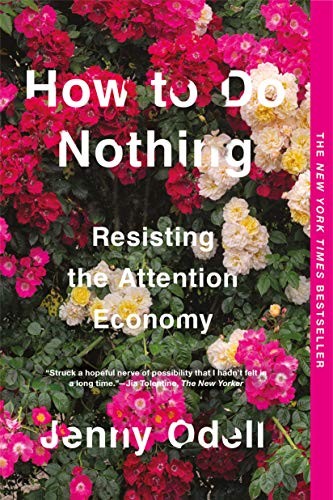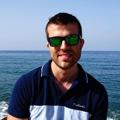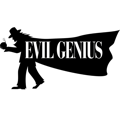laundry0099@bookwyrm.social reviewed How to Do Nothing by Jenny Odell
Review of 'How to Do Nothing' on 'Storygraph'
3 stars
Imagine Braiding Sweetgrass was written by an annoying Californian yuppie and that’s this book. I’m glad I read it. It has a lot of good ideas and it challenged me to think about how social media and my internet use affect my life, which is what made me pick up the book in the first place.
However, it would have been a lot more effective if she had trimmed a few hundred pages of fat and just gotten to the point. Overall, though, still a good read.





